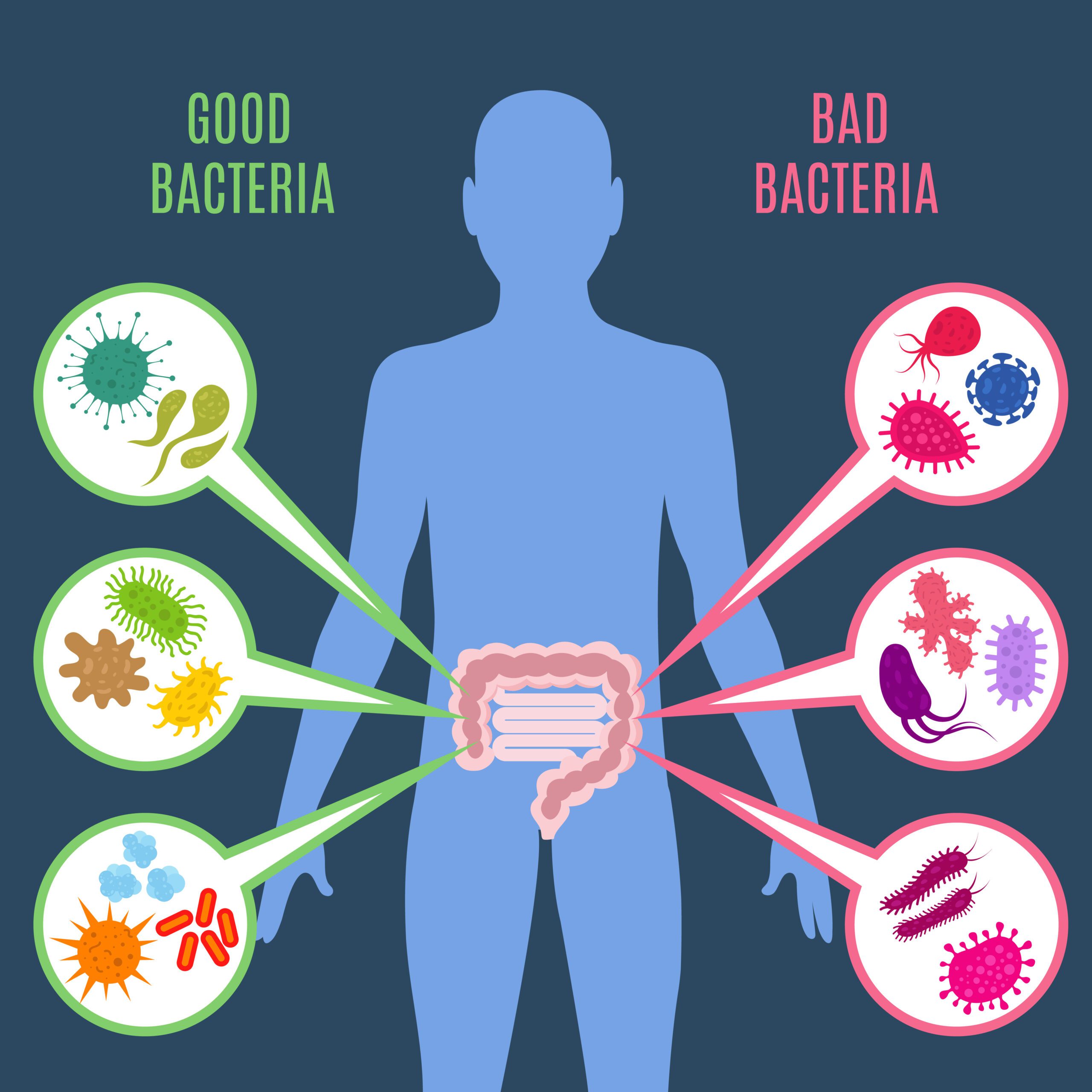
Probiotics are often recommended for those with digestive and stomach problems but recent research indicates that they can do a lot more by way of health benefits. While probiotics are often recommended for those who have conditions such as Irritable Bowel Syndrome, a study published in Vaccine found that there are numerous health benefits to probiotic supplements, above and beyond those related to digestive health.
The use of probiotics, according to the study performed in Taiwan, states that it can decrease the incidents of bacterial infection, not just in the digestive tract, but elsewhere in the body. There are also benefits to the immune system, allergies, cholesterol, respiratory infections, colic in infants and those suffering from diarrhea. Many who use probiotics claim that they help them stay healthier for longer as they tend to stave off infections all over the body.
The Taiwan study tested 1062 children under the age of five. The study found that there was a decrease of bacterial infections as well as viral infections in the children who took commercial probiotics. The children in the group who took a probiotic supplement had fewer instances of childhood illnesses than those who did not take the supplement.
In addition, a study performed in Japan regarding probiotics indicated that the supplement can actually help you sleep. This study was conducted on healthy, elderly people and was divided into two groups. One group took a placebo while the other group took probiotics. According to the study, performed at Osaka University, there was a significant difference between those who took the probiotic supplement for the study trial when it came to improved sleep over those who took the placebo.
Another study performed by researchers from the Northern State Medical University in Russia and the University of Louisville School of Medicine in the United States was performed on 18 heavy drinkers. The results of this study concluded that probiotics improved the liver function for those who drank heavily and took the supplement. The results of this study were published in a recent issue of Alcohol.
Studies performed in Finland indicated that probiotics can also improve the glucose management in people who have glucose disorders, including diabetes. A Swedish study indicated that probiotics can help prevent critically ill people in the hospital from getting pneumonia.
Evidently, there are a lot more to probiotics than just an aid to digestive problems. Continued research is being performed on probiotics, which have been mostly used to treat bacterial problems associated with the digestive tract. Judging from results of studies such as these, in addition to helping with the gut probiotic supplements can also help children stay healthier, help people sleep better, help liver function and glucose function and can also provide a boost to the immune system.
An increasing number of doctors are telling their patients to take probiotics for their health. Doctors are recommending probiotics just as they recommend taking vitamins. This is in itself unusual as doctors are often reluctant to prescribe supplements to patients. More studies are underway to discover all of the health benefits of probiotic supplements.
For more information on probiotics and probiotic supplements, visit the Bacteral website.

A new study suggests that a widely used sugar substitute found in diet sodas, chewing gum, and low-sugar yogurt may elevate insulin levels. This could increase the long-term risk of heart disease. “Artificial sweeteners have infiltrated nearly all types of food, making it crucial to understand their long-term health effects,” said Yihai Cao, senior author […]

Diet Coke has long been a fan-favorite among soda lovers who want a fizzy, guilt-free alternative to traditional soft drinks. While its zero-calorie, zero-sugar label makes it seem like a healthier option, the reality is far more concerning. Despite its undeniable popularity, Diet Coke’s nutritional profile has raised red flags among health experts for years. […]

New study shows that embracing an anti-inflammatory, plant-forward diet can support cognitive function and help reduce the risk of dementia. What You Eat Shapes Your Brain The food you eat doesn’t just impact your body—it also affects your brain. Research suggests that eating an anti-inflammatory, plant-based diet can help improve memory, focus, and overall brain […]